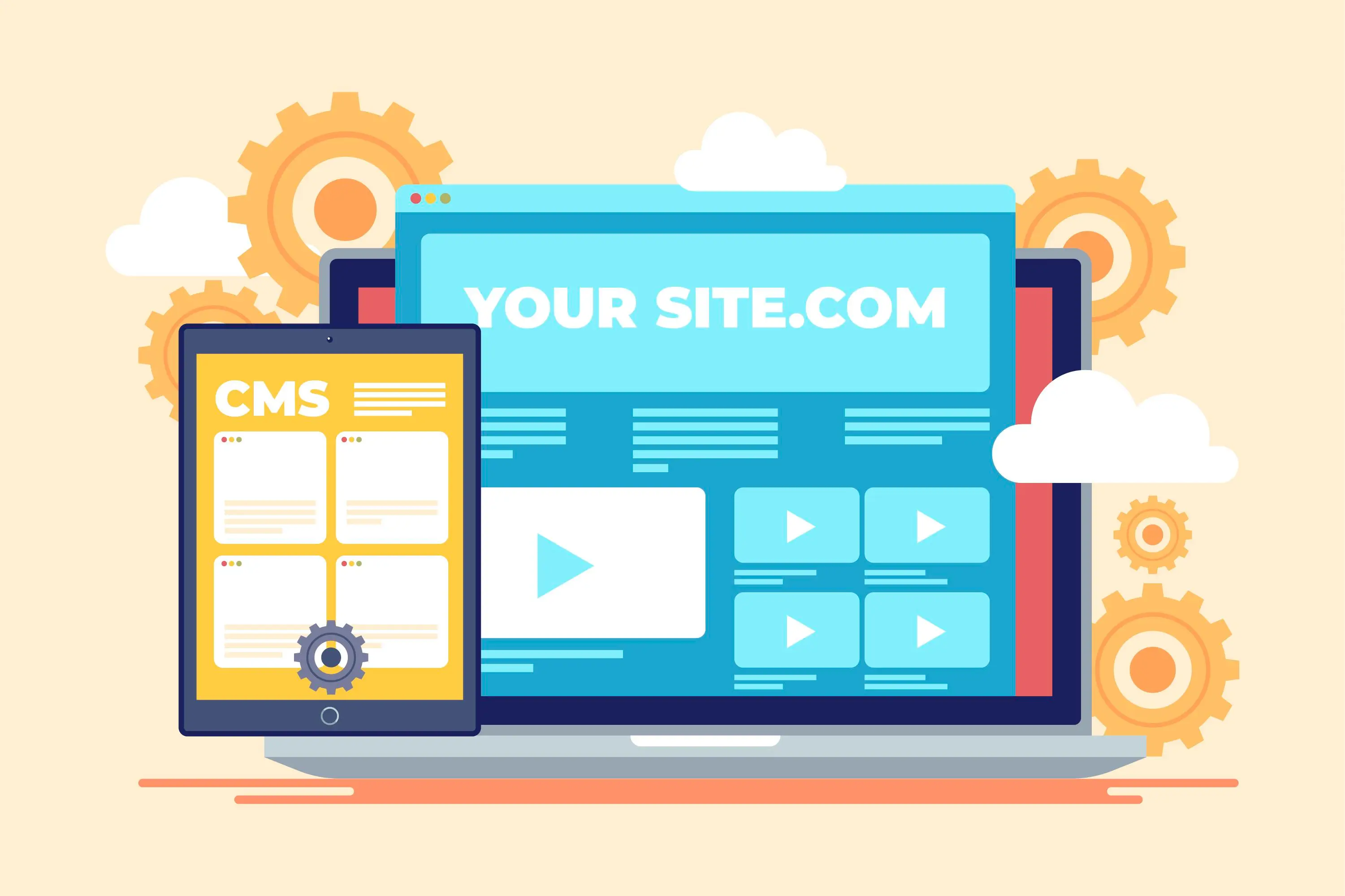Custom Software Will Always Beat Off-The-Shelf Type!
So you need a custom software? Well, the right kind of software needs the right kind of developer. It’s a bit like a matchmaking service; even the best developer can’t work with every kind of project. It’s all about finding compatible experts. Here are five useful tips for finding the right developer for you.
Tip #1 – Know what you need
This seems obvious and straightforward, but it can be anything but. Knowing what you need is key, especially considering that custom software developers aren’t psychic. They need your input to help you design the right solution.
Working out what you need stems from an ability to understand your custom software project. The first rule of thumb should always be that you need to be able to articulate your needs to someone totally outside of the project to prove you can work with any developer capable of giving you what you need. Be up front with prospective developers about what you need; then they can be upfront about the possibility of delivery.
Tip #2 – Know what you want
This is different to knowing what you need. Needing something will give you simple functionality. But getting what you want could mean the difference between a web platform that is accessible and one that is pleasurable to use, as a customer and a platform owner.
What you want should be realistic but also profoundly imaginative. Innovation can be your enemy or your friend; you need to find a developer willing to be both a realist and an artist.
Tip #3 – Know when to back down
Realism is vital. If the developer says something isn’t possible and you know it is then you’ve picked the wrong developer. However, listen to what the developer has to say. If they think it’s not possible and you are satisfied with their explanation, then you will have to work within the new boundaries they have set.
The engineer you choose should have the experience to talk you through the process. It is vital that both you and the engineer communicate well, and the relationship should be collaborative. You should respect their expertise just as they should respect your visions.
| Peshkova | Shutterstock |
Tip #4 – Know when to change
Two things can change in the process of design and project actualisation. Your expectations can change, due to the opinions and limitations of your engineer. Or, your engineer can change. If you choose to change engineers, you will often have to go all the way back to the start. This doesn’t mean that the first engineer was incapable, but like anyone, engineers are only human and sometimes they are not compatible with the project.
Changing an engineer or your ideas for the project are not necessarily bad things to do. Sometimes a project or platform can evolve, seemingly organically, and require altered expectations.
Tip #5 – Know when you’re wrong
Just like knowing when to change engineers is important, knowing that sometimes you can be wrong is of vital importance. Engineers, in all likelihood, design more software for projects than a project owner like yourself ever will oversee. Sometimes, no matter how much you want something it either won’t be possible or won’t be right for what you want. You might need to accept that your platform will look different to what you wanted. The engineer can be right when it comes to realities of software design, and it’s likely that they will be right more often than not.
So keep a lid on your ego. You’re paying that engineer to perform a service, and some of that service will be more than money for them. Software engineers have a resume based on the projects they develop, and that resume is their lifeblood. You have to trust them; it’s not just your interests they’re working towards.
Wrap up
In short; keep your head screwed on tight, don’t let it get too big, know that not all experts are right but neither are the customers and, most importantly, communicate!
Hero image credit: https://img.freepik.com/free-vector/flat-content-management-system
